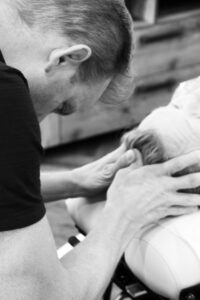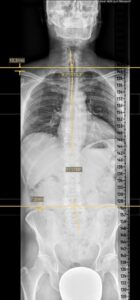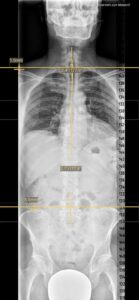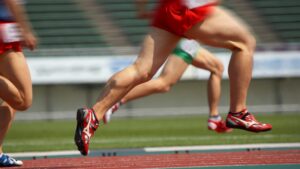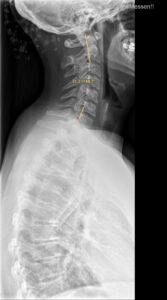Regeneration: How Athletes Optimize Their Physical And Mental Recovery
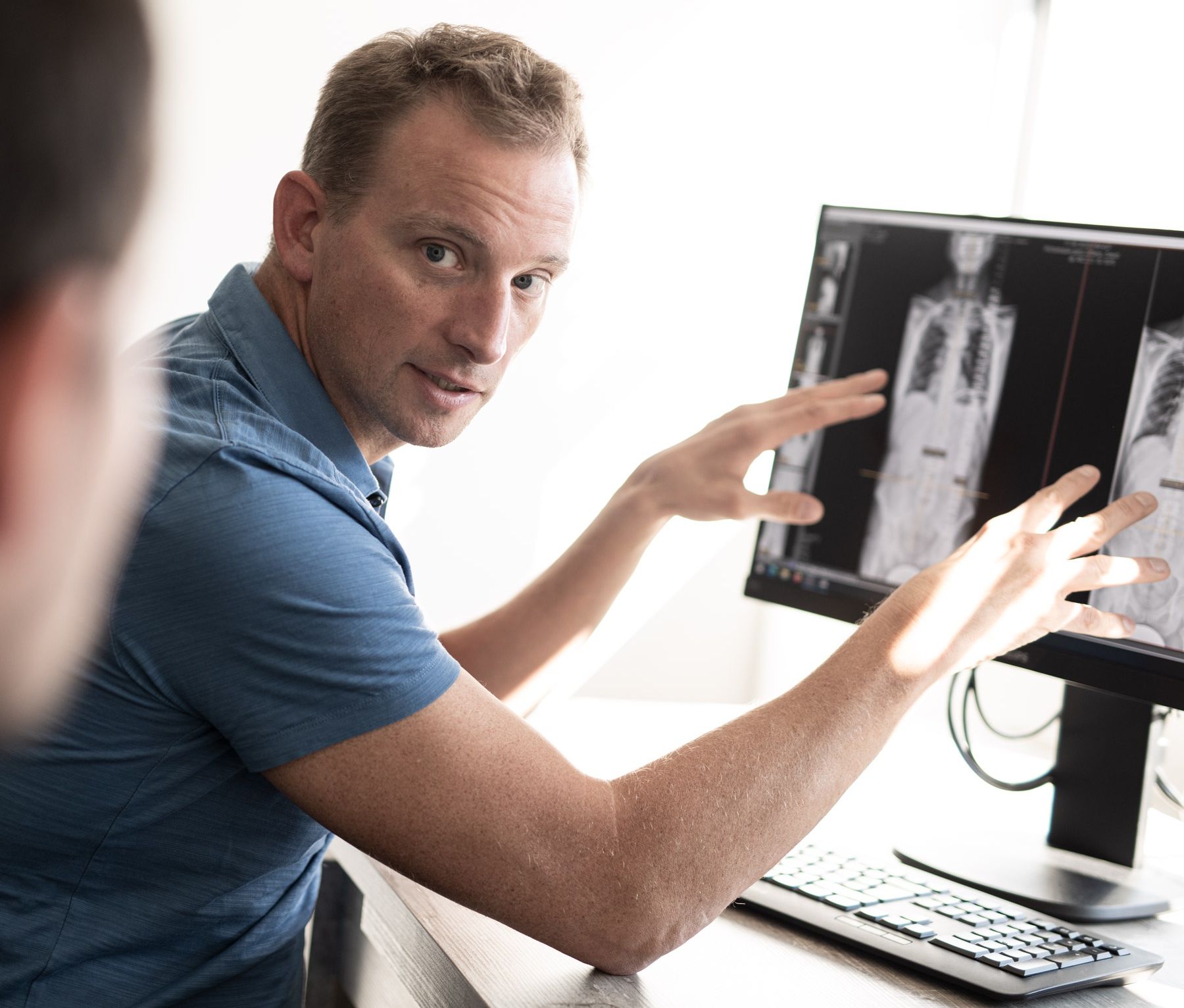
Recovery plays an important role in the performance of top athletes. To optimize the physical and mental recovery of these athletes, it is crucial to take into account the latest scientific findings on this topic. Dr. Matthias Meier, a qualified specialist in orthopedics and trauma surgery as well as rehabilitation and physical therapy, has intensively studied this area.
The most effective methods of regeneration. In his field of expertise, Dr. Matthias Meier, founder of the private practice Impulse Health Management, has acquired a wealth of knowledge about this. Through his insight, we can develop a better understanding of how top athletes can promote their physical and mental recovery in the best possible way. We regular people can also learn a thing or two about our bodies and their ability to regenerate.
Rehabilitation and regeneration – the role of the autonomic nervous system
In regeneration and rehabilitation in high-performance sports, the autonomic nervous system is of central importance. This system, localized in the spine, has a significant influence on the body’s own repair processes. However, malformations or structural changes in the spine could impair its function and thus limit its ability to recover. To identify potential stresses on this system, imaging techniques such as scans and x-rays can be used to analyze spinal structure. By optimizing this, the performance of the autonomic nervous system can often be enhanced.
Sleep is an important factor
Sleep is invaluable, especially in the context of elite sports, as it contributes significantly to regeneration. When athletes enter the state of deepest rest, the recovery processes unfold their full effect. In these moments, a kind of magic takes place: tissue repairs are carefully carried out, energy reserves are replenished, and the physical condition is revitalized after intense training sessions.
If you want to position yourself as a master in recovery, you must give sleep the priority it deserves. It is undisputed that adequate sleep provides access to improved recovery mechanisms and significant performance leaps. Research results impressively illustrate that athletes who allow themselves sufficient rest benefit from unceasing endurance, accelerated muscle regeneration and high mental clarity. An aspect that top athletes should by no means disregard if they want to raise their performance to a higher level.
The importance of nutrition
Nutrients are essential for tissue repair and rebuilding. Protein, vitamins and minerals are especially critical, with protein providing amino acids for muscle tissue renewal. Good sources of protein include lean meats, fish, eggs, dairy products and plant-based alternatives. Vitamins and minerals support regeneration through their antioxidant properties, which reduce inflammation. They are abundant in fruits, vegetables, berries, citrus fruits and nuts.
At the same time, overall health plays a role: appropriate weight and hydration influence performance and ability to regenerate. An individualized diet, ideally under the guidance of a nutritionist, can support recovery and enhance performance. So it’s not just about nutrient intake, but a holistic strategy.
Emotional stress harms regeneration
Significant tension, anxiety and mental pressure can have a destructive effect on recovery and limit performance. Continuous mental stress can keep the body in a state of overload and hinder recovery phases. It is therefore important for athletes to learn methods of coping with stress and take appropriate steps to strengthen their mental well-being.
Relaxation methods such as meditation practices, breathing techniques and yoga can help quiet the mind and minimize stress. Athletes should also allow for sufficient breaks and consciously allow themselves moments of rest and relaxation. Consultation with psychologists or sports psychologists can help identify, understand, and develop strategies for dealing with mental stress. Personalized methods such as cognitive behavioral therapy or visualization can also help alleviate negative feelings and promote mental recovery.
A balanced combination of training, recovery phases and stress management can optimize athletes’ regenerative capacity and improve their performance. A holistic regeneration concept that includes the promotion of emotional health as an essential building block helps athletes counteract the physical and psychological stresses of high-performance sports.
The pillars of regeneration for a better performance
To achieve top performance in sports, comprehensive consideration of various areas of regeneration is essential. In this context, the health of the spine, sufficient recovery phases during sleep, a balanced diet and the handling of emotional stress factors take a decisive position.
The spine, as the structural center of the body, strongly affects the functioning of the autonomic nervous system. Optimizing spinal structure can thus help increase the efficiency of the nervous system, which favors tissue repair and increases performance.
Adequate sleep is also essential because essential regenerative processes occur during these rest periods. During the rest period, tissues are repaired and energy reserves are replenished, which positively influences both regenerative capacity and performance.
A harmoniously balanced diet provides the body with the nutrients it needs to heal injured tissue and regenerate the body. A targeted intake of proteins, vitamins and minerals promotes tissue repair and contributes to improved performance.
Furthermore, dealing with emotional stress is crucial. Stress, anxiety and psychological pressure can negatively affect regenerative processes. By adopting stress management strategies and maintaining emotional health, athletes can increase their regenerative capacity and optimize their performance levels.
Thus, addressing each area of regeneration allows for more efficient tissue repair and increased performance. In high-performance sports, optimal regeneration is essential. Athletes who focus on spinal health, adequate recovery periods, balanced nutrition, and managing emotional stressors can achieve their full performance potential.
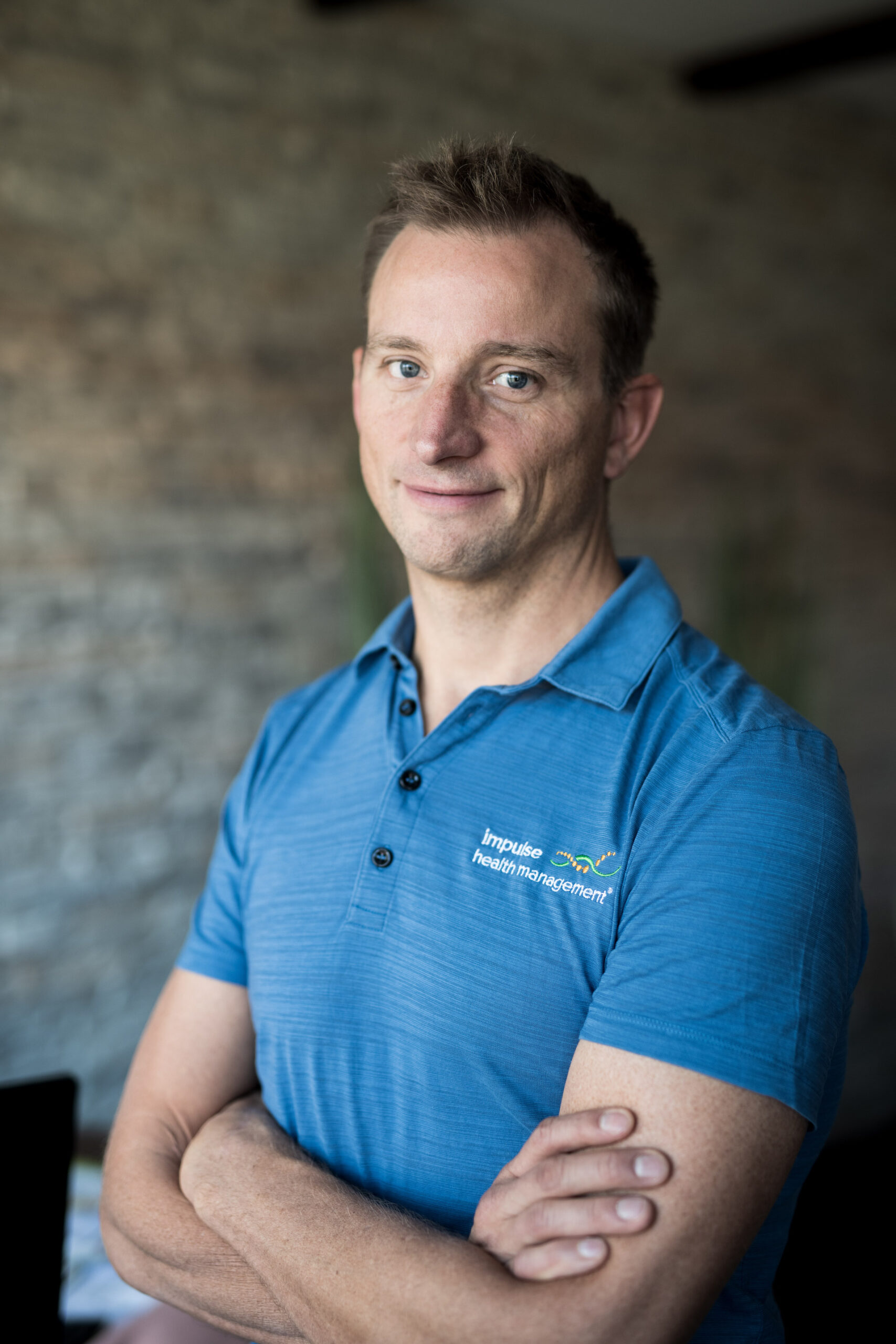
C&C-Autor aus Ulm
Dr. Matthias Meier ist Facharzt für Orthopädie und Unfallchirurgie sowie für Rehabilitation und physikalische Therapie und Gründer der ganzheitlichen Praxis „Impulse Health Management”. Er hat einen ganzheitlichen Therapieansatz entwickelt, der darauf abzielt, das Nervensystem zu entlasten und zu stärken, um die Selbstheilungs- und Selbstregulierungsmechanismen des Körpers zu verbessern. Dr. Meier ist außerdem ein Experte in der rekonstruktiven Chirotherapie und bietet Weiterbildungsseminare an. Sein Onlinekurs “Das 5-Säulen-Medizin Modell” vermittelt die grundlegenden Säulen der Selbstheilung.
